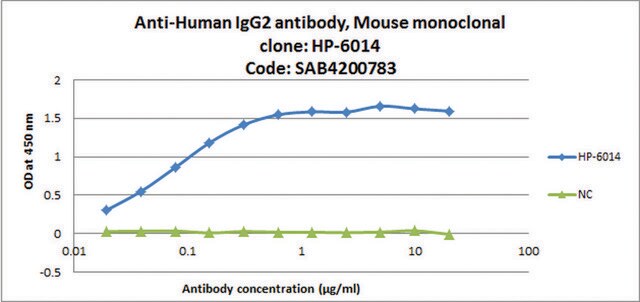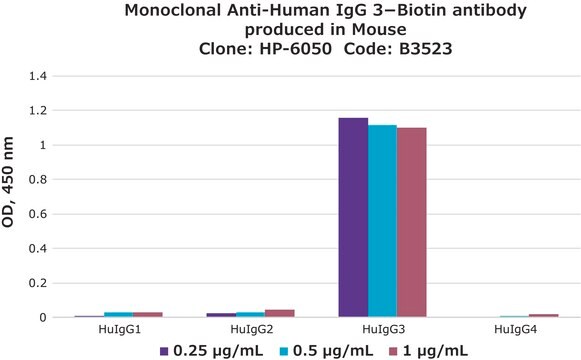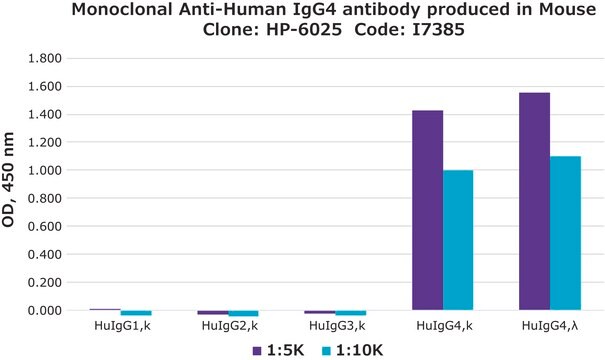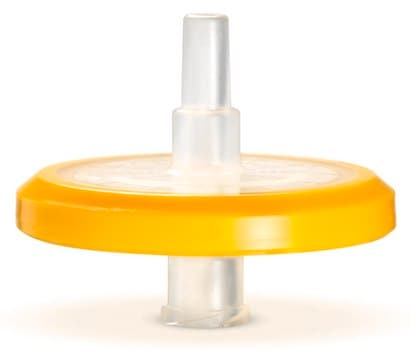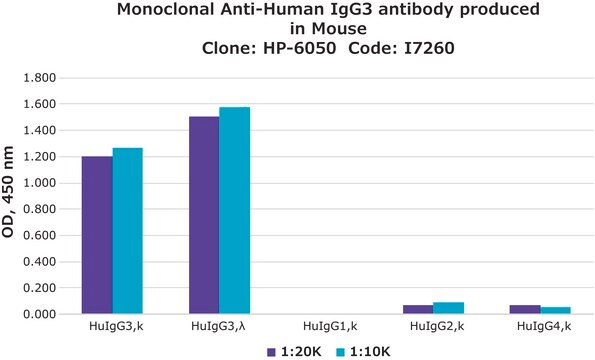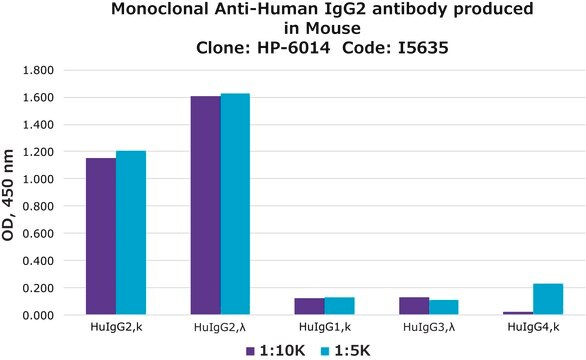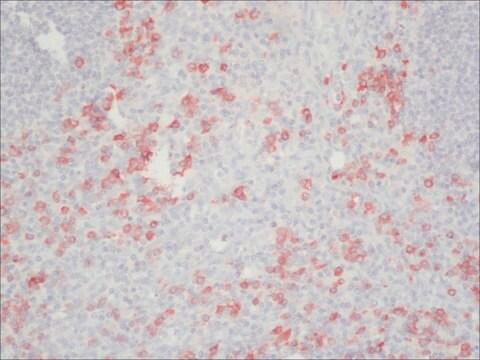B3398
Anti-Human IgG2−Biotin antibody, Mouse monoclonal
clone HP-6014, purified from hybridoma cell culture
Sinonimo/i:
Monoclonal Anti-Human IgG2
About This Item
Prodotti consigliati
Origine biologica
mouse
Livello qualitativo
Coniugato
biotin conjugate
Forma dell’anticorpo
purified from hybridoma cell culture
Tipo di anticorpo
secondary antibodies
Clone
HP-6014, monoclonal
Forma fisica
buffered aqueous solution
Reattività contro le specie
human
tecniche
direct ELISA: 1:30,000
Isotipo
IgG1
Condizioni di spedizione
dry ice
Temperatura di conservazione
−20°C
modifica post-traduzionali bersaglio
unmodified
Cerchi prodotti simili? Visita Guida al confronto tra prodotti
Descrizione generale
Specificità
Applicazioni
Azioni biochim/fisiol
Stato fisico
Esclusione di responsabilità
Non trovi il prodotto giusto?
Prova il nostro Motore di ricerca dei prodotti.
Codice della classe di stoccaggio
10 - Combustible liquids
Classe di pericolosità dell'acqua (WGK)
nwg
Punto d’infiammabilità (°F)
Not applicable
Punto d’infiammabilità (°C)
Not applicable
Certificati d'analisi (COA)
Cerca il Certificati d'analisi (COA) digitando il numero di lotto/batch corrispondente. I numeri di lotto o di batch sono stampati sull'etichetta dei prodotti dopo la parola ‘Lotto’ o ‘Batch’.
Possiedi già questo prodotto?
I documenti relativi ai prodotti acquistati recentemente sono disponibili nell’Archivio dei documenti.
I clienti hanno visto anche
Il team dei nostri ricercatori vanta grande esperienza in tutte le aree della ricerca quali Life Science, scienza dei materiali, sintesi chimica, cromatografia, discipline analitiche, ecc..
Contatta l'Assistenza Tecnica.